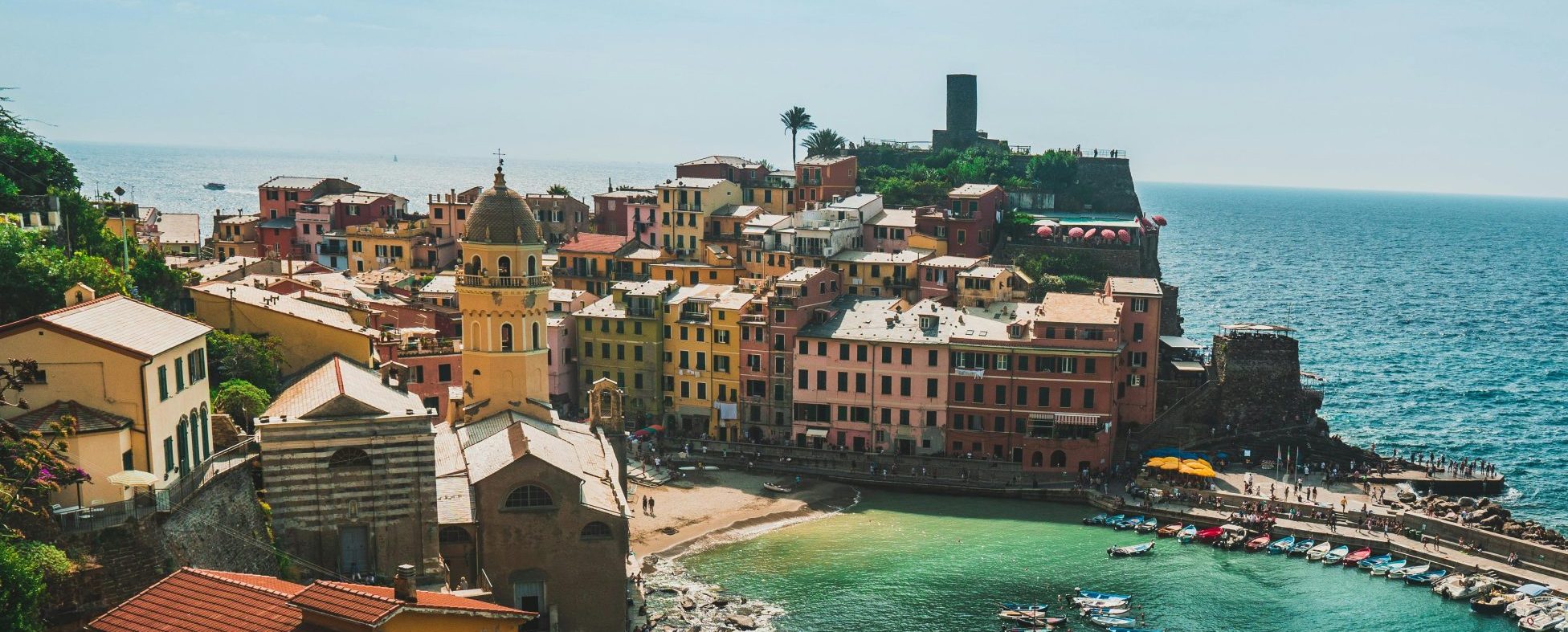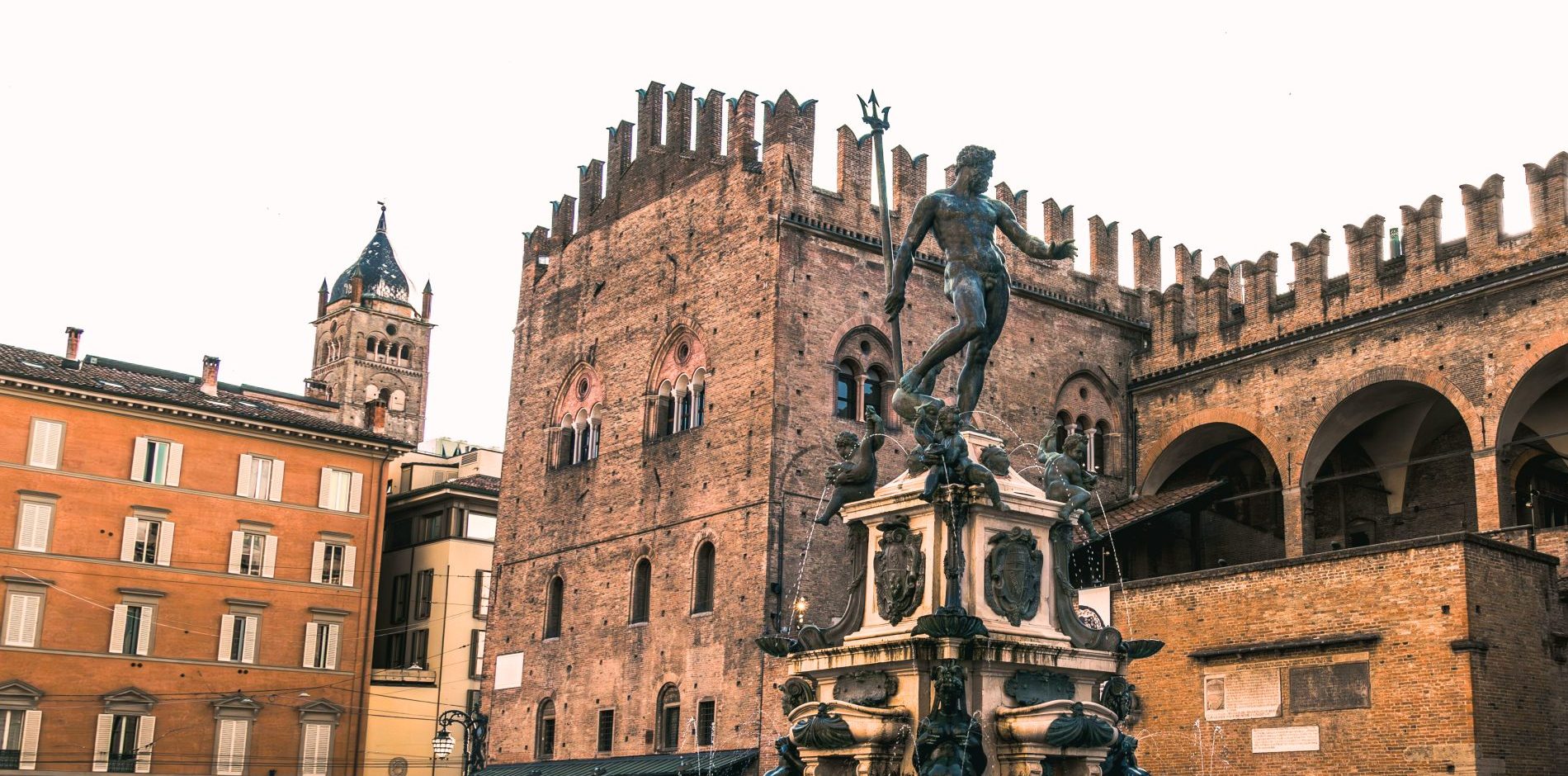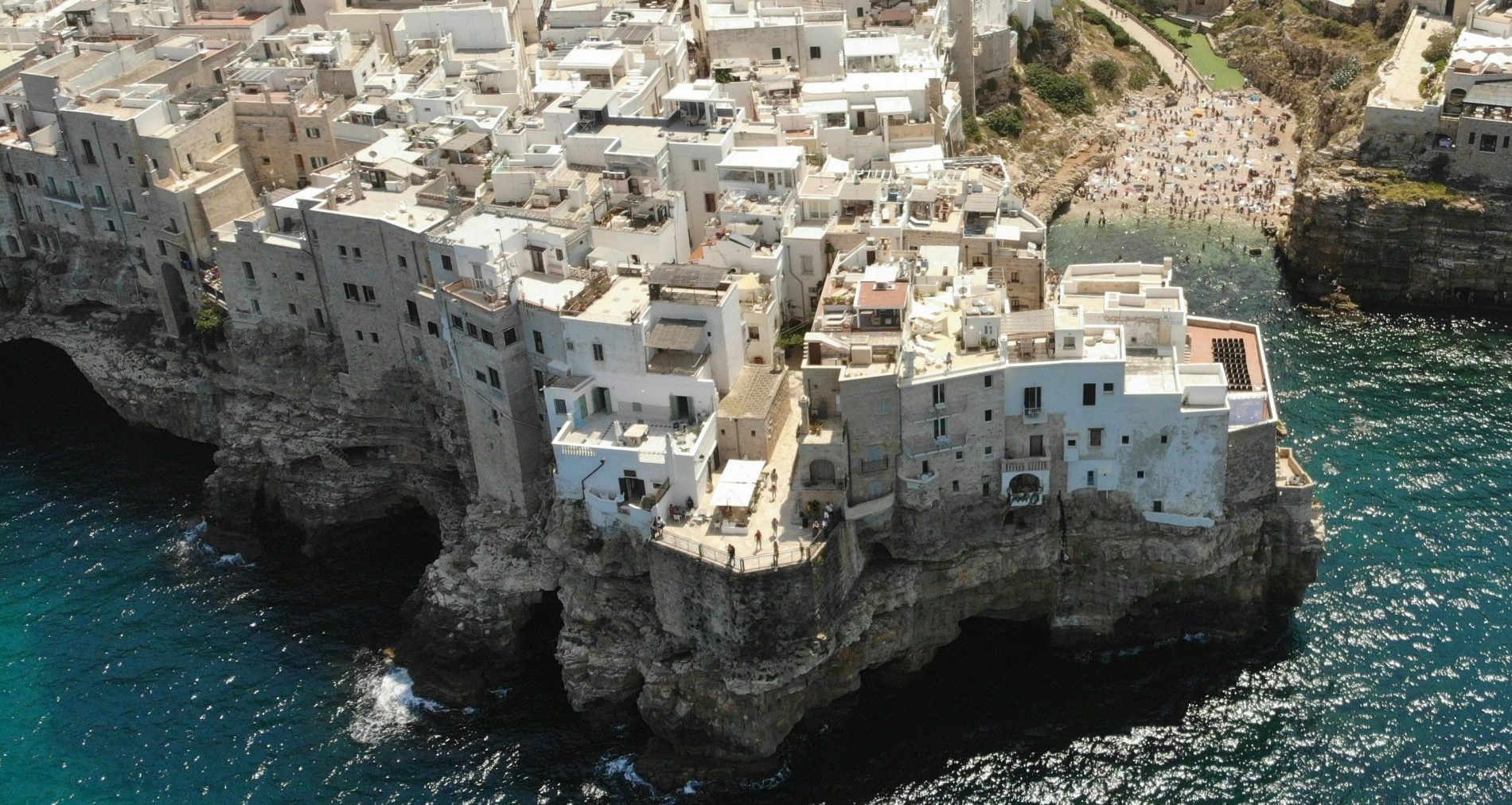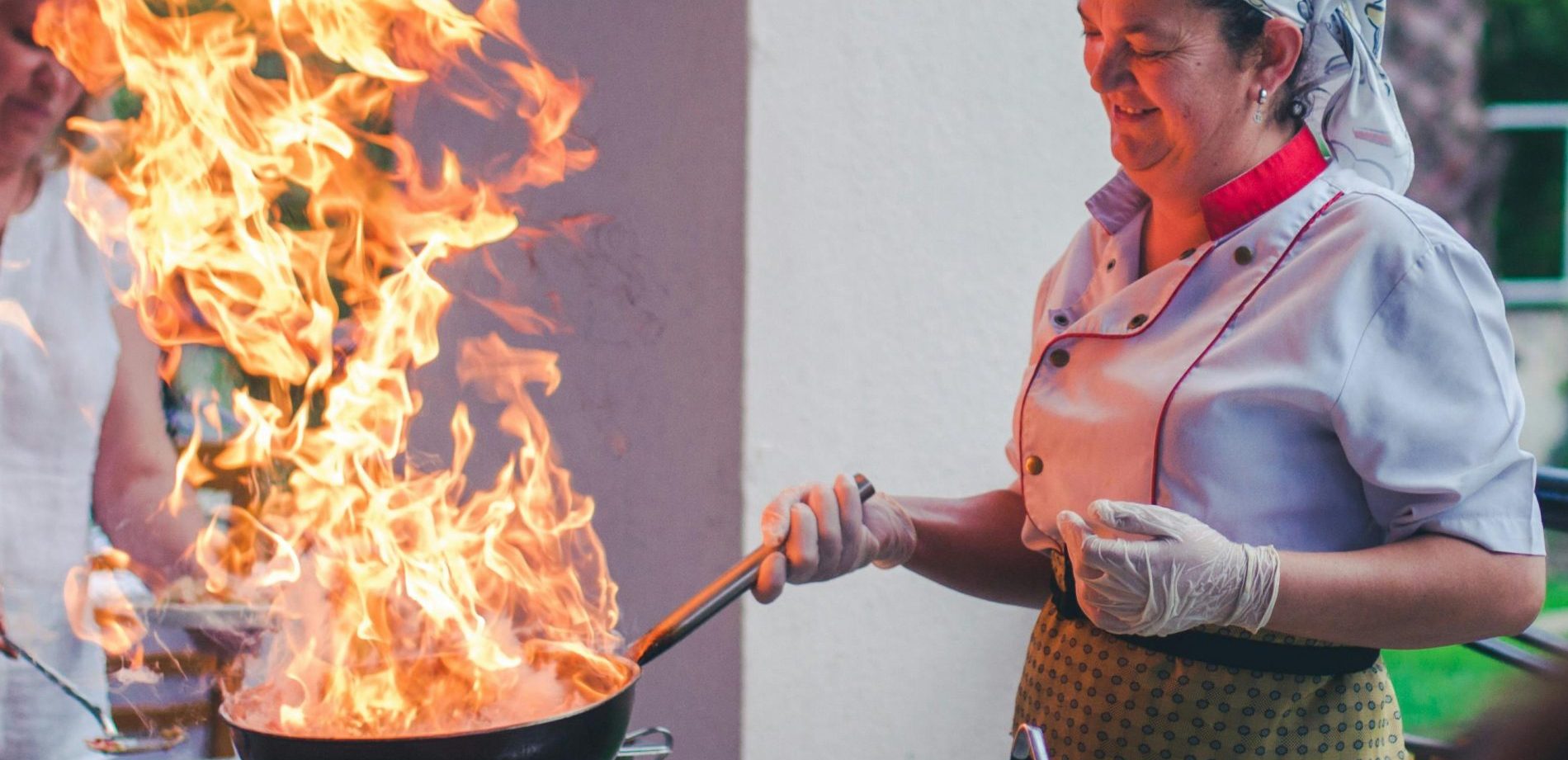
Italy, renowned for its rich culinary traditions and vibrant food culture, offers a delightful array of dining experiences. Understanding the cost of food is crucial for potential expats considering a move to this gastronomic paradise. Here’s an insightful look into what you can expect when dining out or buying groceries in Italy.
When budgeting for food as a potential expat or newcomer to Italy, you should anticipate spending between €200 to €400 monthly per person, depending on your lifestyle and eating habits. This estimate includes groceries for cooking at home and occasional dining out. Shopping at local markets and preparing meals can help lower costs, while frequent dining at mid-range restaurants or indulging in speciality items will increase your expenses. Additionally, costs vary by region, with larger cities like Rome and Milan typically being more expensive than smaller towns or rural areas.
When dining out in Italy, the cost can vary significantly depending on the city and type of establishment. Generally, a meal for two at a mid-range restaurant can range from €35 to €50, excluding drinks. For a more upscale dining experience, expect to pay €70 or more. However, prices in tourist-heavy areas like Rome or Venice tend to be higher compared to smaller towns and rural areas.
Buying groceries in Italy can be more economical than dining out. Essential items such as bread, pasta, and fresh produce are reasonably priced, with a loaf of bread typically costing around €1-€2. Local markets, known as “Mercato,” offer a wide selection of fresh fruits, vegetables, and cheeses at competitive prices, making them popular among locals and expats.
Italy is also famous for its delicious street food offerings, such as pizza al taglio (pizza by the slice), arancini (rice balls), and panini. Prices for street food items generally range from €3 to €7, providing a budget-friendly yet tasty option for a quick meal on the go.
The quality of food in Italy is generally excellent, with a strong emphasis on fresh, locally sourced ingredients. Italians take pride in their culinary heritage, ensuring that even casual eateries maintain high standards. Exploring local trattorias and osterias for expats can offer authentic Italian flavours at affordable prices.
Maintaining a healthy diet while on a budget in Italy is quite feasible. Opting for seasonal fruits and vegetables from local markets ensures freshness and affordability. Planning meals around staples like pasta, beans, and olive oil can provide nutritious options without breaking the bank.
Look for special offers and discounts when buying groceries, especially in larger supermarkets. Many Italians also take advantage of weekly markets, where vendors offer competitive prices on bulk purchases. Properly storing perishable items can extend their shelf life, reduce food waste, and save money in the long run. It’s common to practice sustainable actions in various cities, so bringing your own bag to when going grocery shopping is widely advisable. You can find weekly discounts in supermarkets, a lot of them also offer point programs that can save a fair amount monthly.
Dining in Italy is often more leisurely than in the UK, with meals consisting of multiple courses enjoyed over extended periods. The emphasis on fresh ingredients and regional specialities differs significantly from the UK’s diverse culinary influences and faster dining pace.
Italy has recently implemented stricter regulations on industrialised food products to ensure consumer safety and quality. To avoid unhealthy options and support sustainable farming practices, expats are advised to look for local produce and products bearing quality certifications (DOP, IGP).
In conclusion, understanding the cost and quality of food in Italy is essential for expats planning a healthy lifestyle so they can stay as far as possible from the doctor’s office. Whether dining out or shopping for groceries, Italy offers a wide range of options that cater to different budgets and tastes. Expats can enjoy Italy’s culinary delights without overspending by exploring local markets, embracing street food, and being mindful of food quality. Finally, you’re ready to fill your grocery list. It’s time to get prepared for your relocation to Italy. Trust us to take you and your family’s belongings overseas with our expert services whether you need customs clearance for your goods, packing materials or collection and delivery. Contact us at VanOne International Movers. We specialise in ensuring seamless customs clearance and secure transportation of your belongings. Whether you require door-to-door service or temporary storage, our tailored solutions are fully insured for your peace of mind. Plan your move to Italy with VanOne for a stress-free transition. Visit our website and get your free quote today.
 Italy vs Portugal: Where Should I Relocate?
Italy vs Portugal: Where Should I Relocate?Italy vs Portugal: Where Should I Relocate? Choosing a new country to call home is a significant decision,…
 Is It Expensive to Live in Bologna?
Is It Expensive to Live in Bologna?Is It Expensive to Live in Bologna? The best you can do is research nonstop until you find…
 How Challenging Can Life Be in Italy? Guide for Potential Expats
How Challenging Can Life Be in Italy? Guide for Potential ExpatsHow Challenging Can Life Be in Italy? Guide for Potential Expats Deciding to move to a new country…
 7 Places to Eat in Bologna: Gems Every Foodie Needs to Visit in Bologna
7 Places to Eat in Bologna: Gems Every Foodie Needs to Visit in Bologna7 Places to Eat in Bologna: Gems Every Foodie Needs to Visit in Bologna Bologna, often dubbed the…